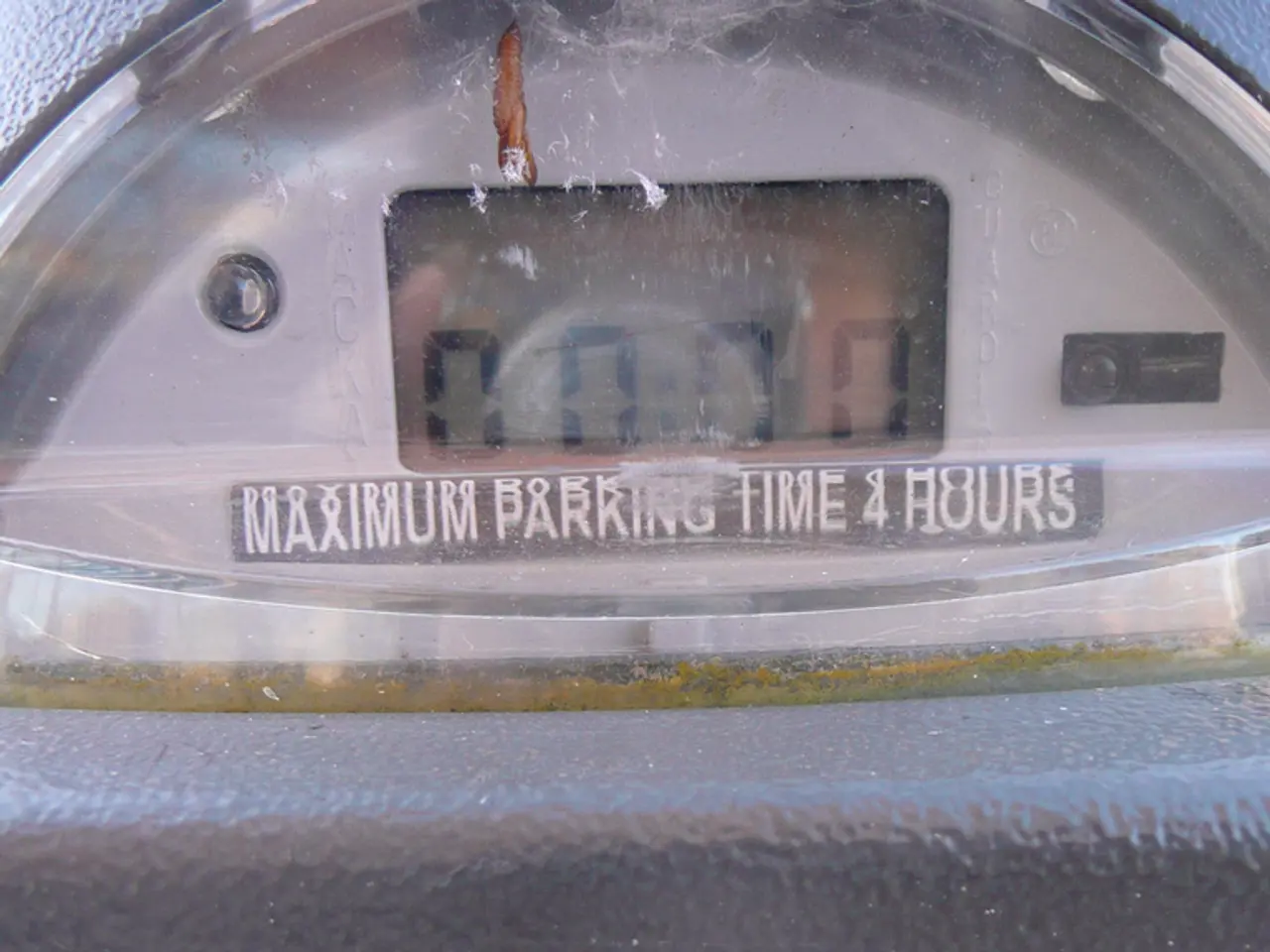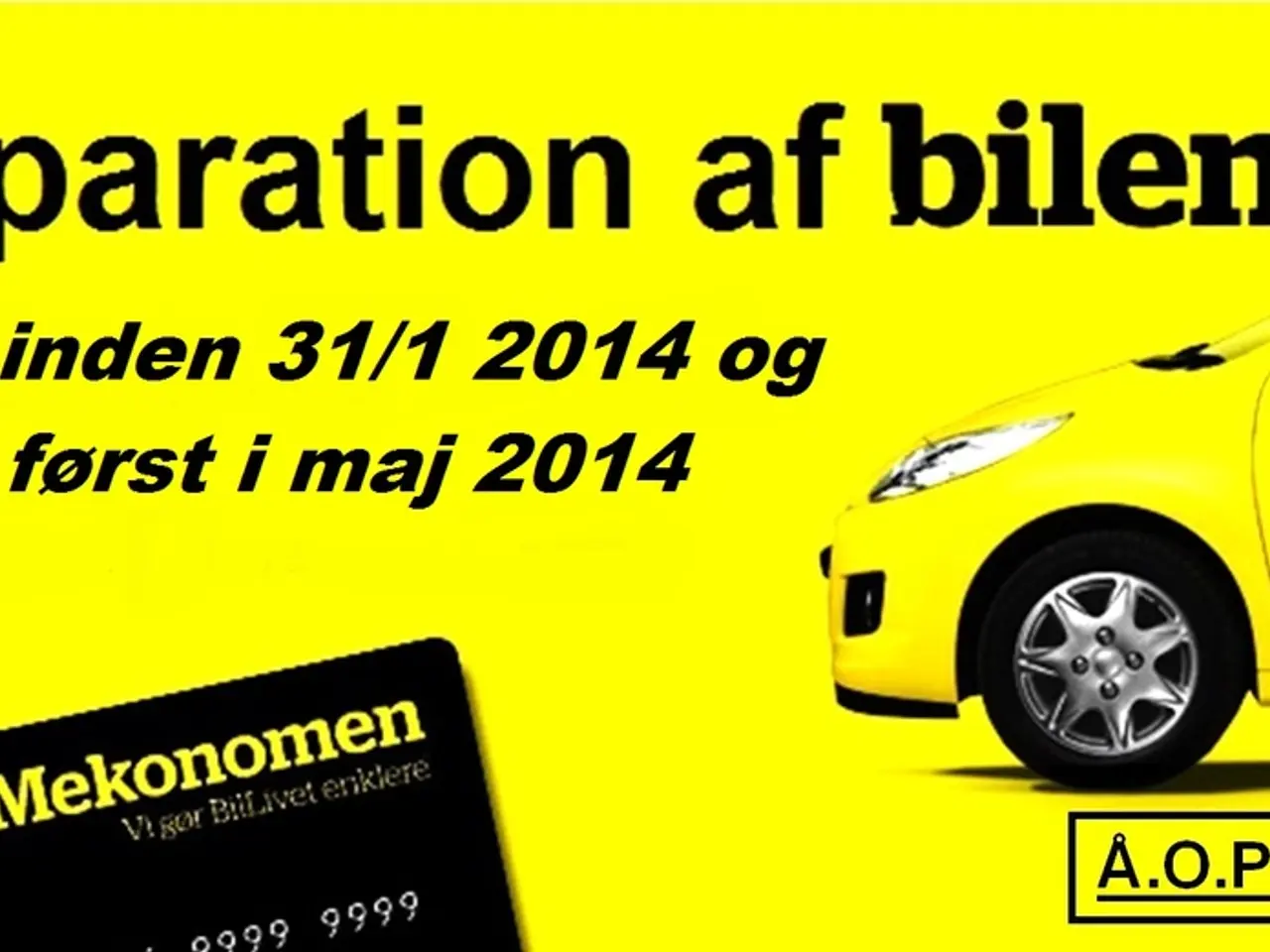Gambling predicament in Italy: Will a fresh decree curb gambling addictions nationwide?
In a significant move, the Italian government has passed a new decree on March 11, aiming to regulate the online gambling market more stringently. The decree, which is currently awaiting approval from the two parliamentary chambers, introduces nine-year licenses with higher fees, tougher eligibility requirements, and enhanced anti-fraud and anti-money laundering measures.
The new regulatory framework is designed to foster a safer, more transparent online gambling market. It aims to curb illegal gambling by requiring operators to meet stricter compliance standards and by licensing fewer, more qualified operators, thus limiting shady competitors and increasing player trust.
The increased oversight and compliance controls, including AI-driven monitoring, are intended to enhance protection against fraud and problem gambling, supporting player protection and responsible gaming measures. However, Italy is currently reconsidering its long-standing ban on gambling advertising, which has existed since 2019 under the so-called "Dignity Decree." The government is weighing reform that could potentially loosen or change advertising restrictions.
The new regime, with higher taxes and enhanced compliance, is projected to improve market sustainability and social responsibility without expanding illegal gambling activity. The regulatory authority, ADM (Customs and Monopolies Agency), has extended its licensing process deadline to November 12, 2025, emphasizing strong technical rigor and regulatory sustainability.
However, concerns have been raised about the new decree. Experts are skeptical about its promotion of legal gambling, as it was written by lobbyists, the Ministry of Enterprise, and the Ministry of Finance, without involvement from the Ministry of Health or experts on gambling or gambling addiction.
The issue of illegal gambling in Italy remains significant, generating an estimated 20 billion euros in revenues in 2023. The Mafia is reportedly involved in a large portion of the illegal gambling market, using both online and physical gaming halls for their purposes, including money laundering and creating jobs.
Two Italian footballers, Sandro Tonali and Nicolo Fagioli, have admitted to gambling addiction and illegal sports betting, which led to career-threatening consequences. These incidents underscore the need for stricter regulation and increased awareness about the dangers of gambling addiction.
Before the corona pandemic, a 2018 survey found that 26% of people in Italy participate in some form of gambling, with 3% of adults and 3% of minors at risk of gambling addiction. Surveys from other countries suggest that the pandemic has strongly negatively affected the number of gambling addicts. As the new decree is implemented, it will be crucial to monitor its impact on gambling addiction rates in Italy.
In conclusion, the 2025 Italian decree enforces stricter licensing and regulatory requirements to foster a safer, more transparent online gambling market, aiming to curb illegal gambling and gambling addiction, while reconsidering the strict advertising ban to adapt to the evolving market. The success of this decree will be closely watched as it unfolds in the coming years.
What impact will the new Italian decree have on the illegal sports betting activities of footballers like Sandro Tonali and Nicolo Fagioli? The stricter licensing and regulatory requirements aim to decrease illegal gambling activities, but will they effectively address the issue considering the decree was written by lobbyists and finance ministers, without input from health or gambling addiction experts?




